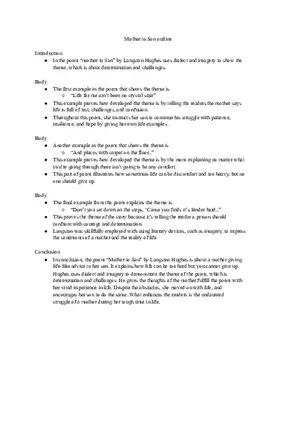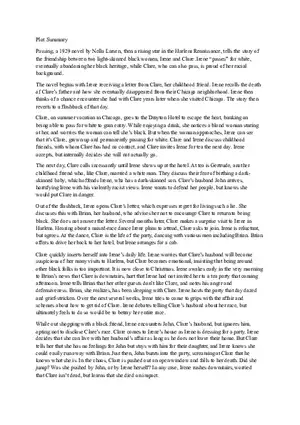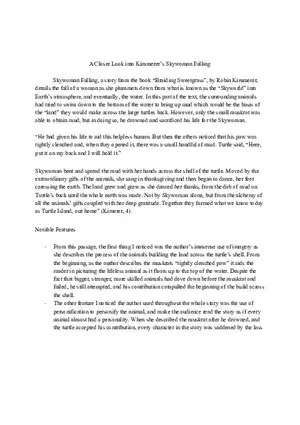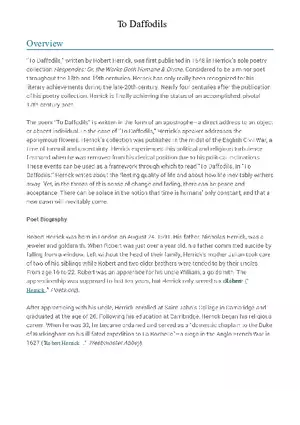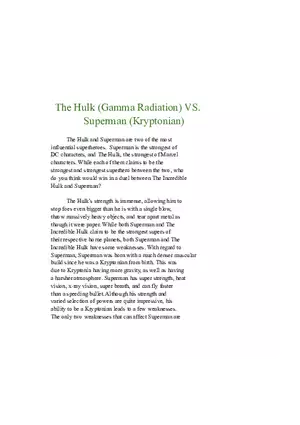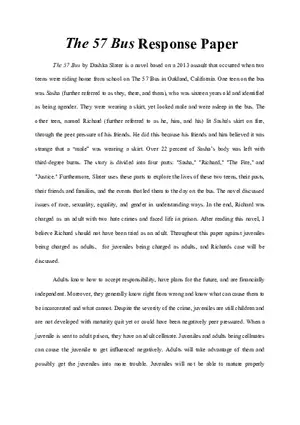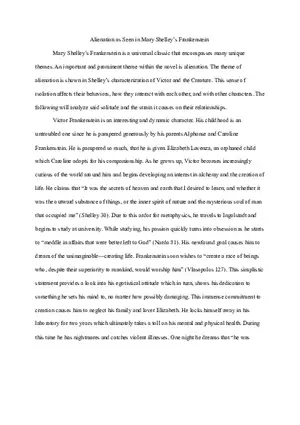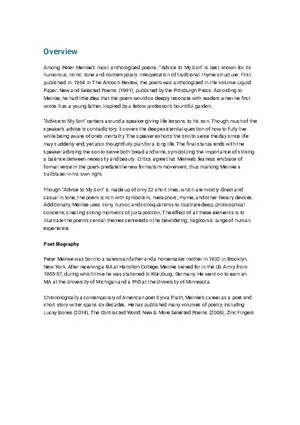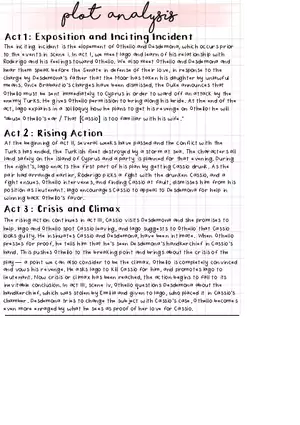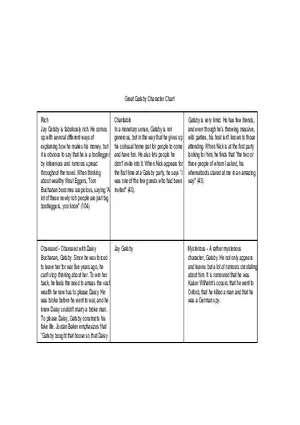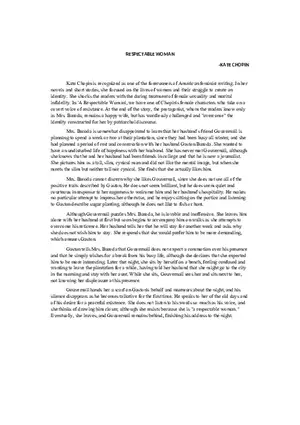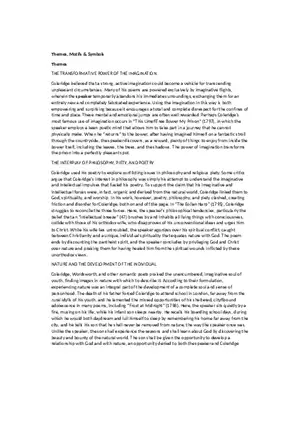Lecture Note
Rhetoric
-
University:
California State University, Northridge -
Course:
ENGL 455 | Literacy, Rhetoric and Culture Academic year:
2010
-
Views:
300
Pages:
2
Author:
nomphethofou
Related Documents
- Writing about Setting
- The Allegory in Animal Farm
- Background to “The Necklace”
- Pindar of Thebes. A List of the Epinikia
- Demeter: The Cult at Eleusis
- Theseus the Athenian Culture-Hero
- The Liaisons of ZEUS
- Orpheus Some Notes
- Dionysos
- Euripides, Trojan Women
- Telesilla of Argos
- Demeter: The Myth of Eleusis
- Sinclair Lewis, Babbitt
- Poetry Terms Academic Notes
- The Priests of Poseidon at Halicarnassos
- Mycenaean Divinities
- Theon’s Biographical Theory
- Euripides, Medea
- The Iliad Study Guide
Report
Tell us what’s wrong with it:
Thanks, got it!
We will moderate it soon!
Report
Tell us what’s wrong with it:
Free up your schedule!
Our EduBirdie Experts Are Here for You 24/7! Just fill out a form and let us know how we can assist you.
Take 5 seconds to unlock
Enter your email below and get instant access to your document


